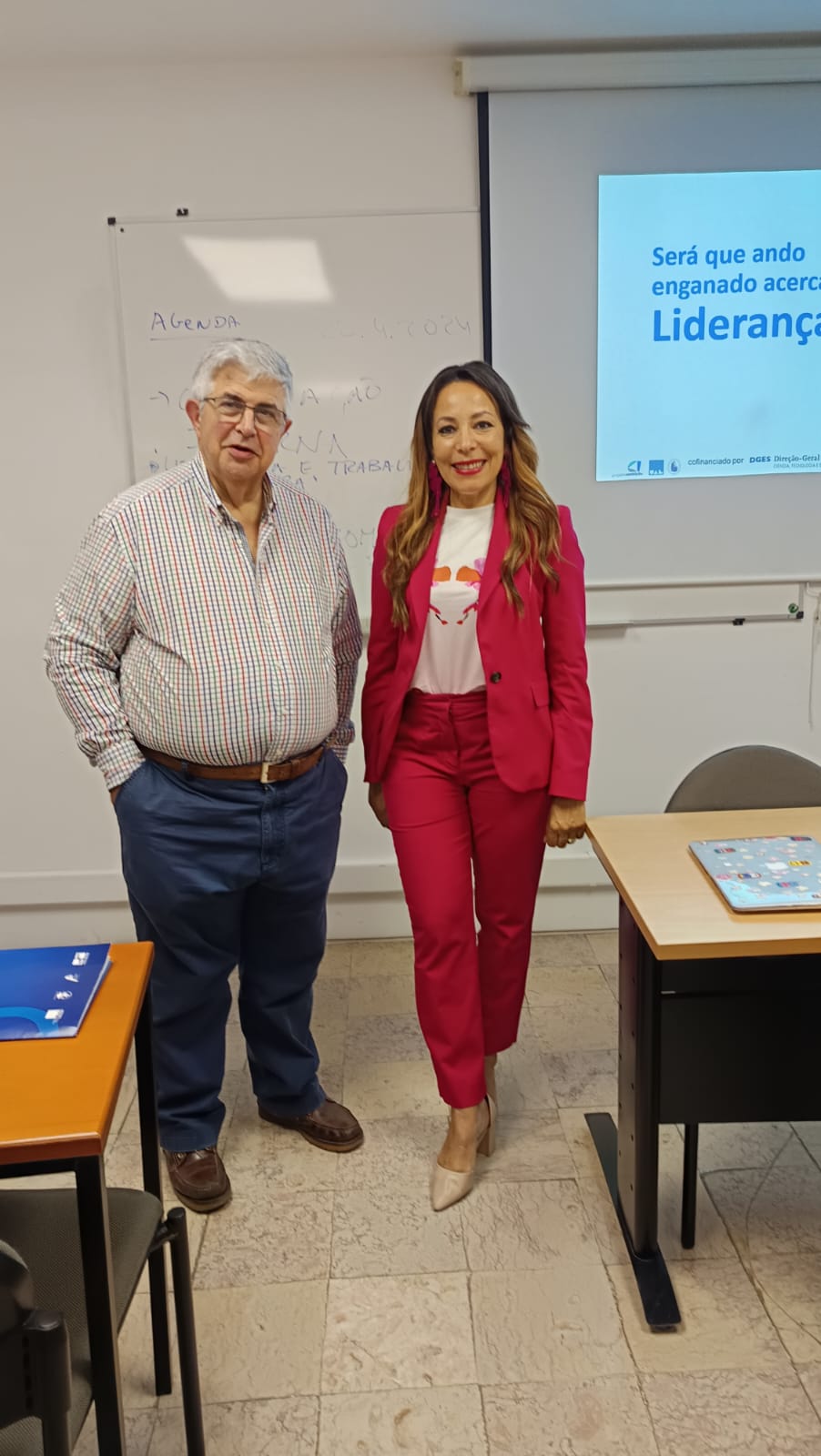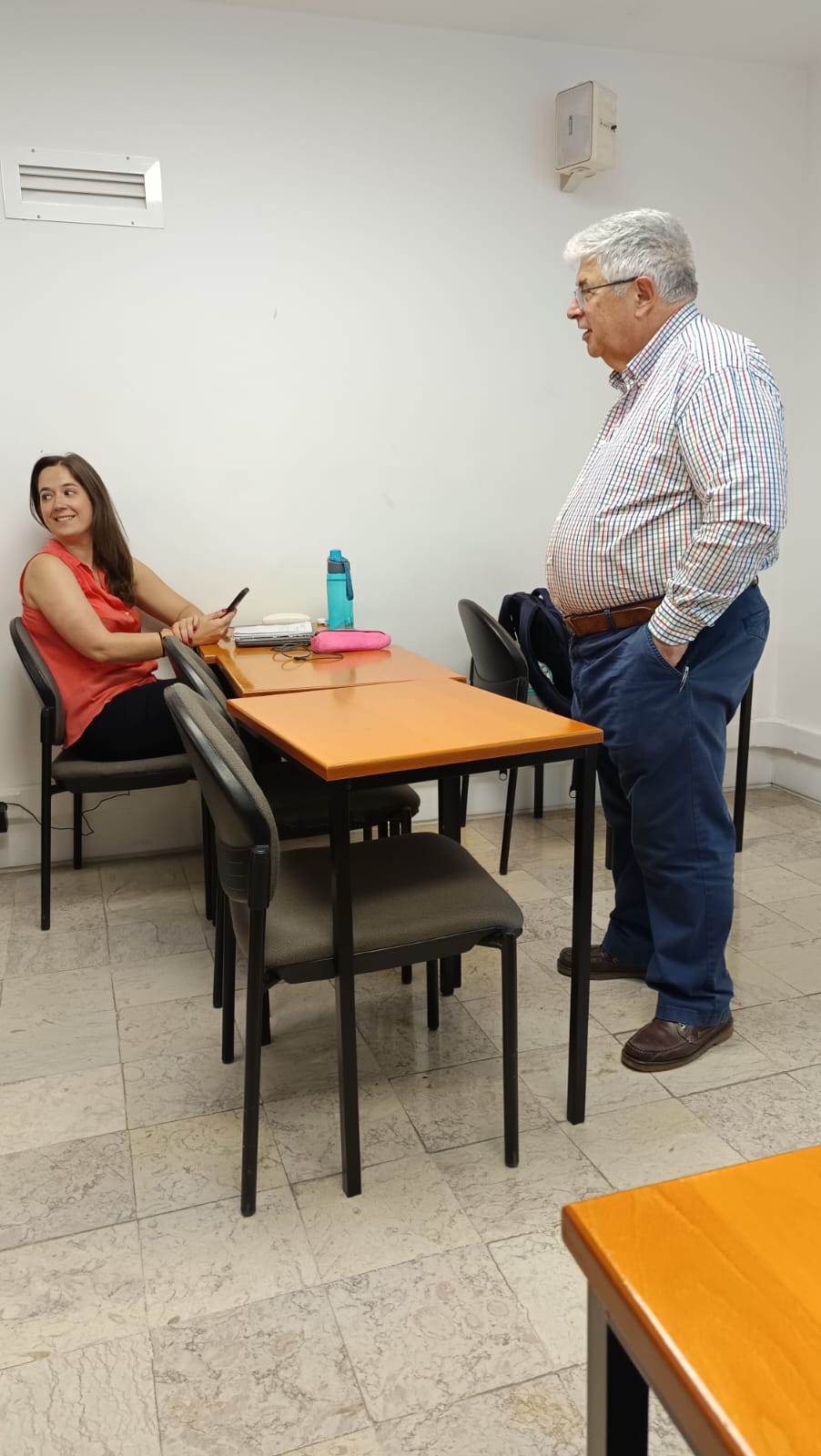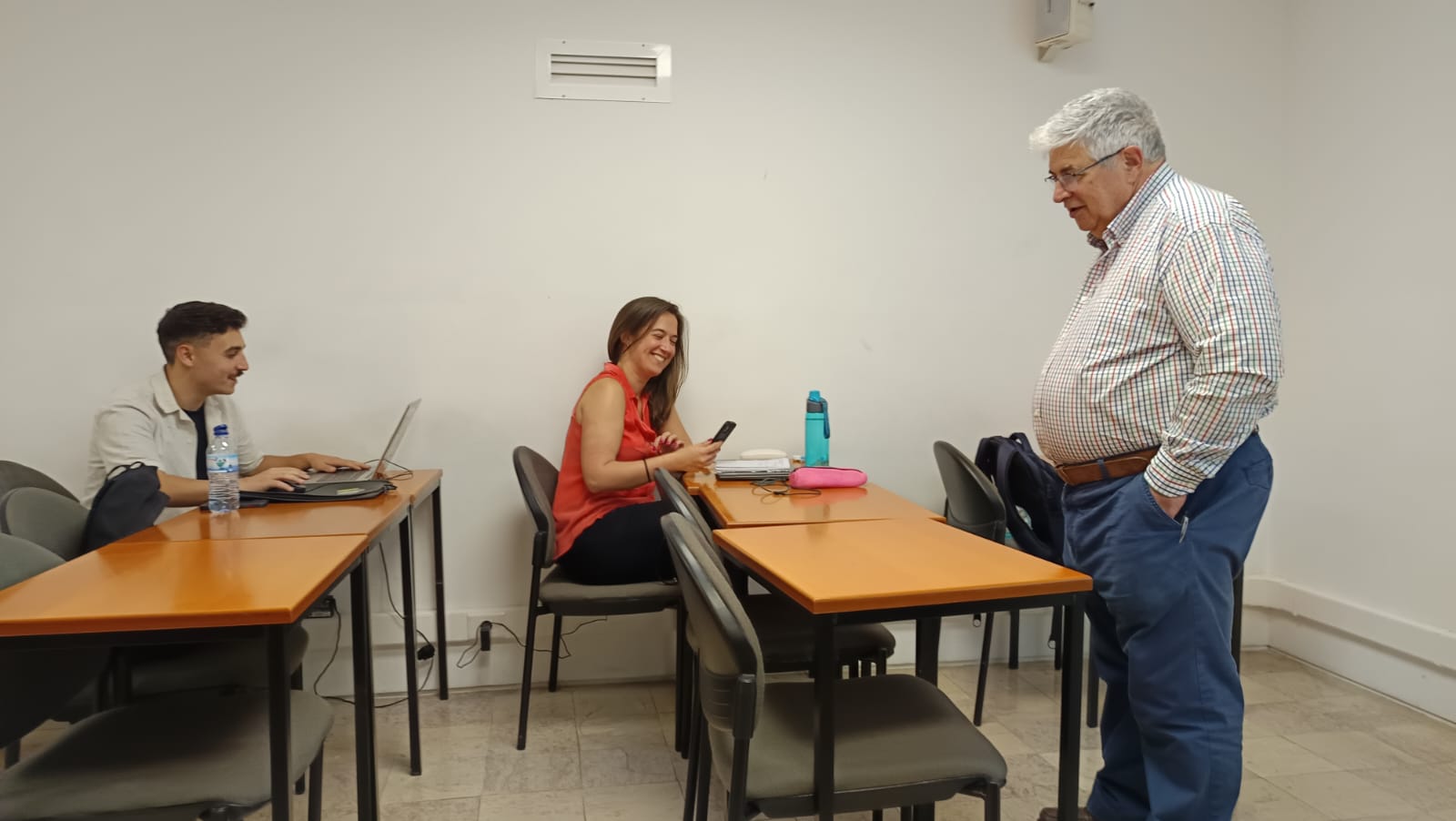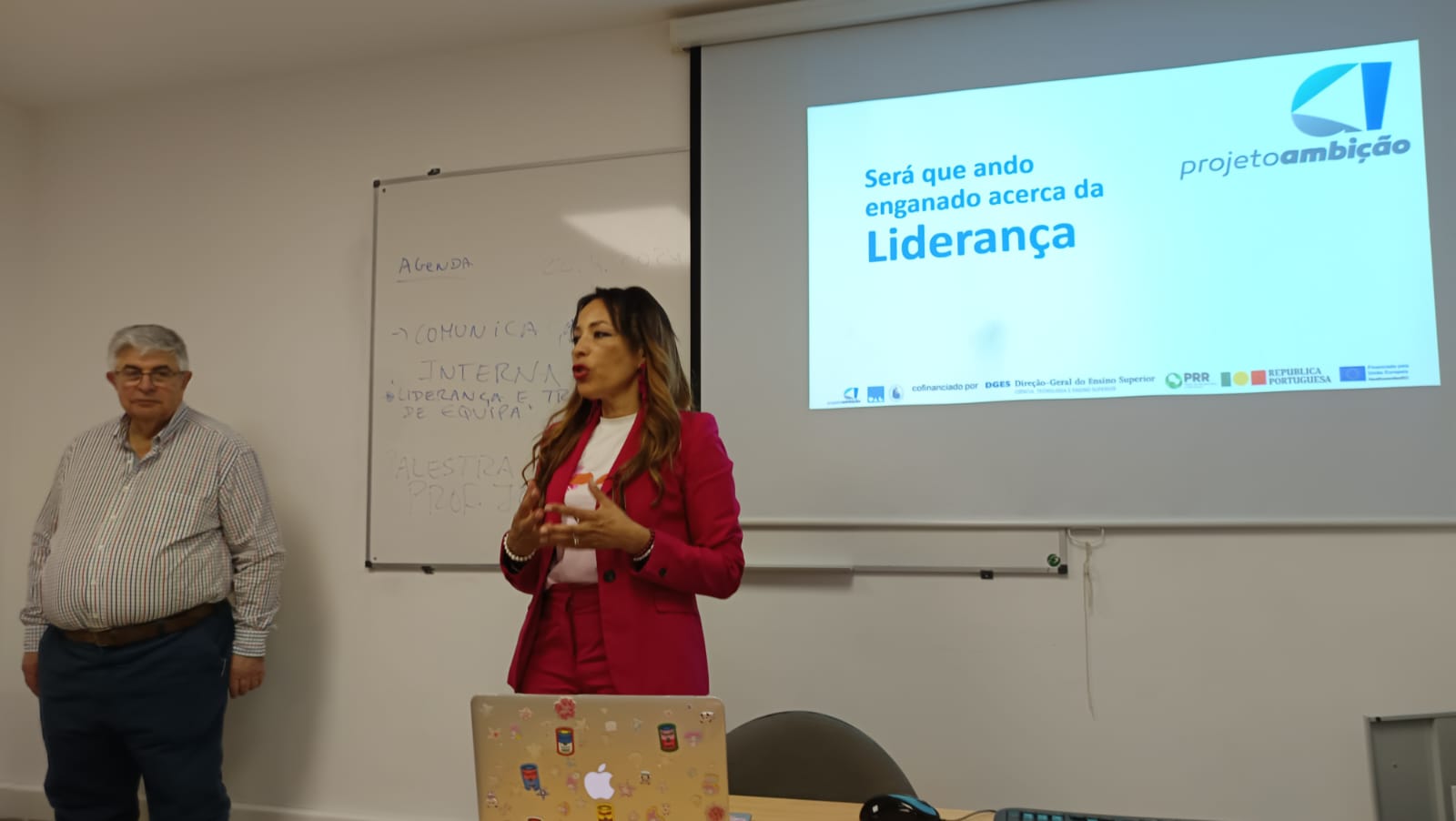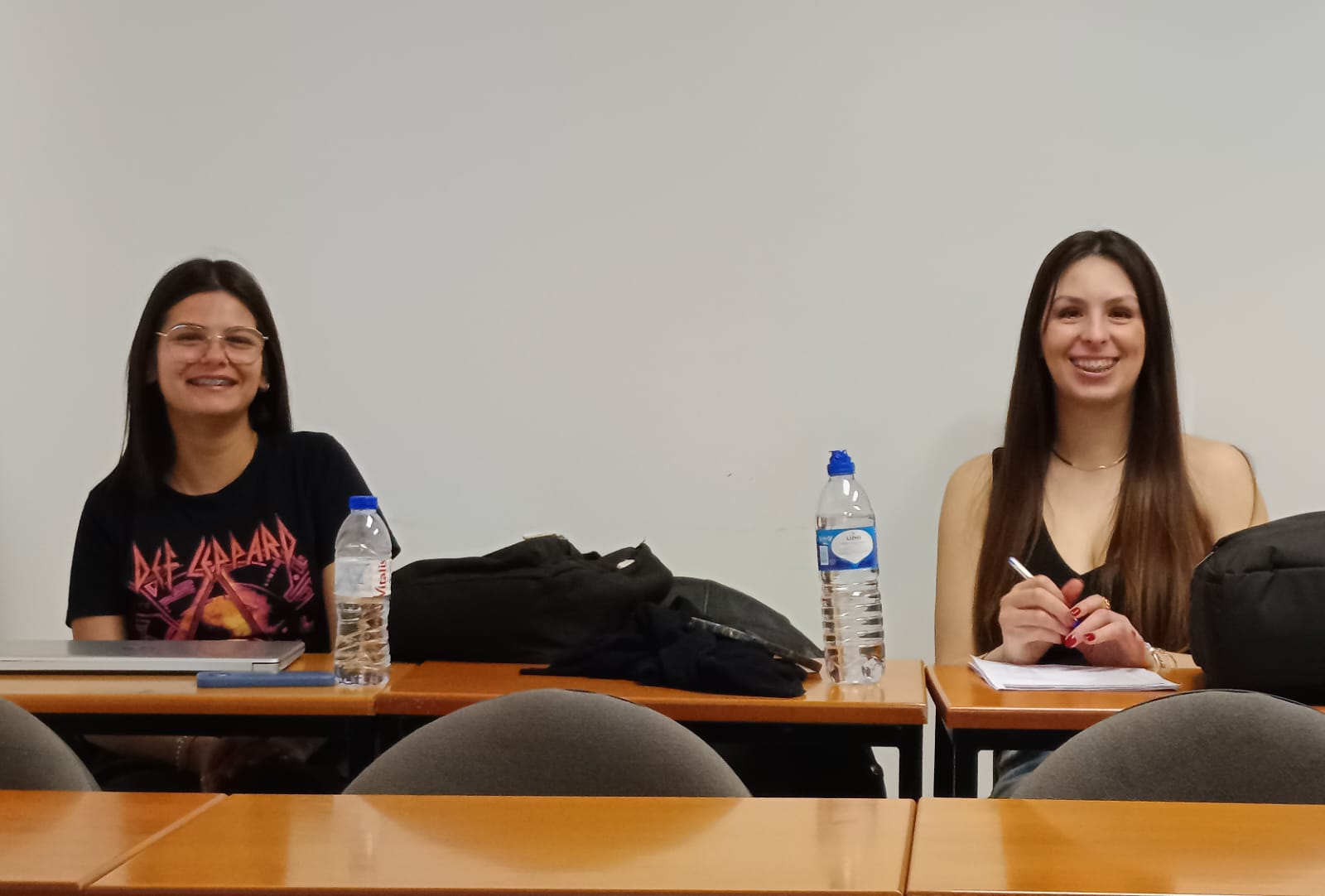UAL, Palacio dos Condes de Redondo – 18H30 to 20H00 with Professor Joao Paulo Feijo
Teamwork is a crucial component of teaching and learning strategies that emphasise student participation and collaboration. Leadership behaviour is essential for a team to work effectively. The higher the leaders' skills in the field, the more impact they will have on the team.
This activity aims to raise students' awareness of essential aspects of leadership and help them overcome possible prejudices and misunderstandings on this matter. Moreover, it aims to empower students to take on a leadership role within their study teams, thereby enhancing their performance.
Ambição Project – Autonoma CAMPUS / ESEJD. Workshop – Leadership and Team Work
Another Leadership and Teamwork Workshop was held at UAL, directed at 3rd-year students attending the Bachelor's program in Communication Sciences (Professor Carmen Monereo's evening students). The workshop was conducted by Professor João Paulo Feijoo.
Teamwork is part of organisations' daily work because tasks are increasingly complex and
require the cooperation of people with different expertise who must work together, be
effective, consume the minimum resources and achieve the results faster.
The leader plays a vital role in this.
líder joga o seu papel.
mentimeter.com was used in this workshop. In real-time, students chose the most correct answer regarding the attitudes a leader should possess. The Situational Leadership Model presents several leadership options, depending on the situation the team faces and is based on two key factors: competence regarding the task and motivation in the relationship among team members.
The followers can contribute to the team's and the task's effectiveness. This was explained through multiple-choice answers from Mentimeter.com and the presentation of real-life cases. The four qualities of the good follower were presented: proactivity, autonomy, loyalty and humility. There must be psychological security. Team members should not be punished or humiliated when expressing their ideas, asking questions, making mistakes resulting from well- meant actions or taking risks.
Power distance was explained to students. In a hierarchy, the longer the power distance, the higher the inequalities. Power is a status served by the teams. Wherever the power distance is shorter, authority is established through prestige, justice and recognition, which provides a service and helps the teams.
Yet, the highest power is that of praise and recognition, such as validation and approval of our actions and competence, motivating us to perform better and better. This helps to strengthen social ties and create more positive connections between people through appreciation and respect.
Praise also helps increase self-esteem and confidence, leading to more focused, satisfied and committed employees.
